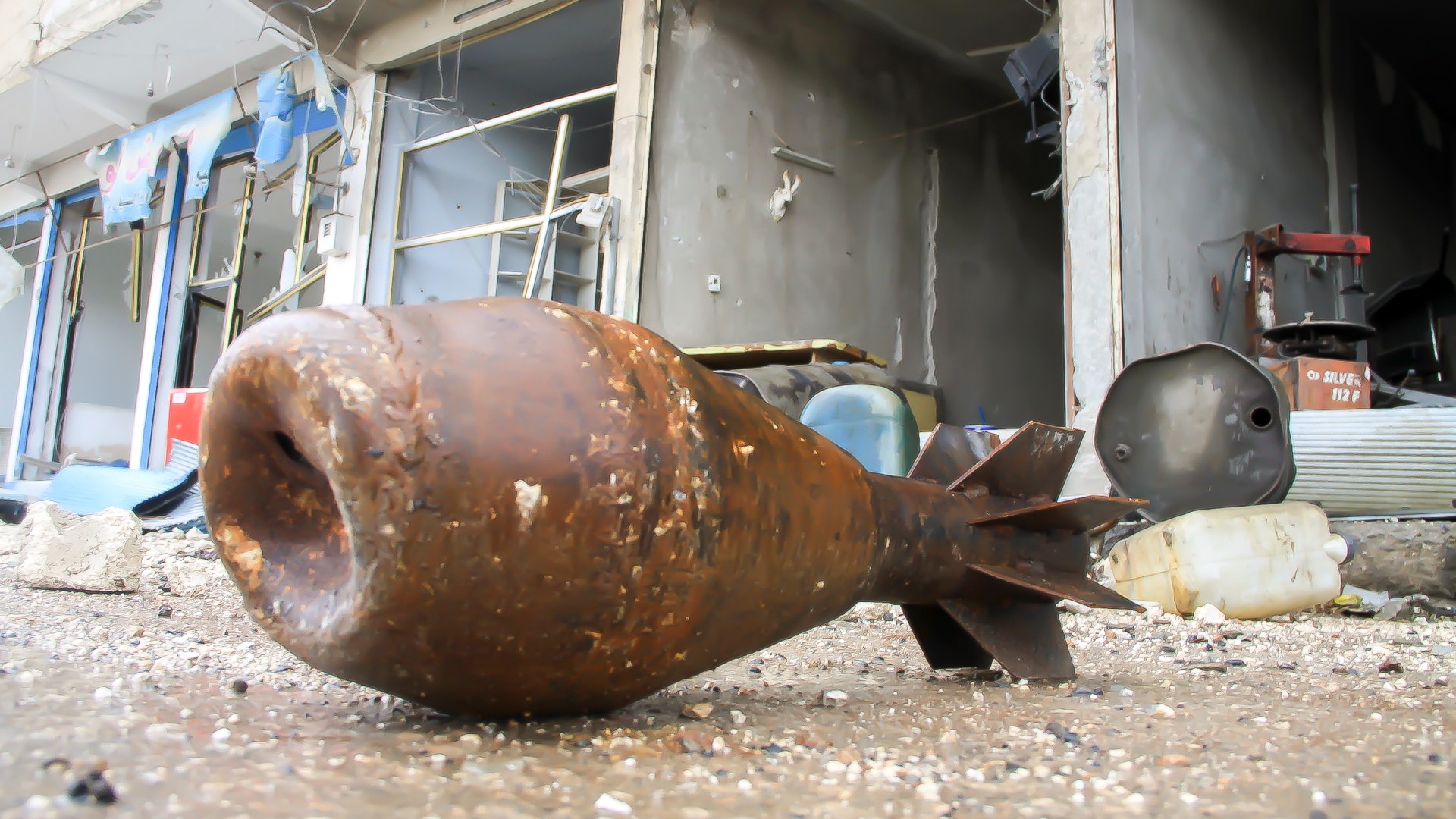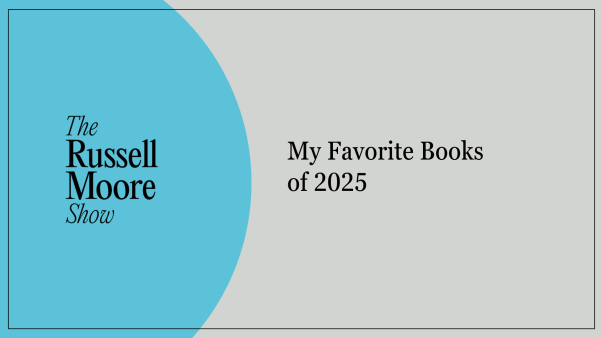Given the growth of terrorist groups such as ISIS, what is the true nature of Islam—violent or peaceful? President Obama says that the terrorist group, the Islamic State, ISIS, or ISIL, is “not Islamic.” But others insist that the entire religion founded by Muhammad is inherently violent. Where does the truth lie? Stan Guthrie, a CT editor at large and author of the new book God’s Story in 66 Verses, interviewed Warren Larson—professor emeritus at Zwemer Center for Muslim Studies at Columbia International University and author of Islamic Ideology and Fundamentalism in Pakistan: Climate for Conversion to Christianity?—to shed new light on this question.
How do we handle questions about the “true” nature of Islam and whether someone is a real Muslim?
There are no easy answers because of the complexity of Islam and divisions among Muslims as to what is true Islam and what is not. We need to find a balance between two extremes: (1) not to insist on the defiance of Charlie Hebdo and (2) not to simplistically say, “This is not Islam.”
A balanced position lies somewhere in between, but ultimately it is up to Muslims to decide who is a real Muslim. My sense is that many Muslims are going through some serious soul-searching at the moment.
What do you make of President Obama’s insistence that the Islamic State is “not Islamic”?
I wouldn’t be so hard on President Obama, because he’s basically doing what President Bush did, saying something about Islam that might help calm the waters.
There is nothing extremists want more than to make it look like the West is at war with Islam. Neither Bush nor Obama is an expert on Islam, but they are trying to keep Americans safe.
What is the best perspective for Christians?
Muslims are responding to the gospel as never before, and that trend will continue. Muslims are broken and becoming more broken as the days go by. More will reject Islam, but the danger is that they will reject Islam and become atheists. Christians must be on the alert to reach out to them with love and understanding.
Some observers say that there are two Islams in the world today—one that is basically peaceful, another that is inherently violent.
Although there is an Islam with its rigid dogma, founded on canonical texts, I prefer to think of Muslims in their great variety with deep felt needs.
Most Muslims in our world have a worldview that includes charms, amulets, curses, blessings, and a whole lot of fear. Of course, Islam is not a religion of peace, but is any human philosophy really peaceful?
In fact, the way some Christians are acting toward Muslims today is not too peaceful, either. Most of us in the West couldn't care less what happens to Muslims—eternally—as long as we stay safe and Muslims behave. Let’s have more hope as to what God is doing. My sense is that we are far too fearful, and many of us lack a sense of mission.
Some scholars believe “the law of abrogation” animates jihadists. They say if there is a contradiction between early, peaceful verses in the Qur’an and more brutal ones, the latter must hold sway because they were written later.
I do not think abrogation alone can explain bad behavior. Many reasonable Muslims reject the doctrine, and so I hesitate to tell them what they should believe. If a Muslim says to me, and some have, “My religion tells me to love and care for you,” why should I say, “No, your religion tells you to hate and despise me”?
The Qur’an is convoluted, and if I were a Muslim, I also would be confused as to how to respond to Christians.
What is the problem?
Islam is a problem, but the main problem is sin. “Their feet are swift to shed blood … and the way of peace they have not known” [from Isa. 59 and Rom. 3] was written long before Islam was born.
I do not think Islam is the single motivation behind the radical and incredibly evil deeds that some Muslims are doing. Satan is simply using them as pawns.







